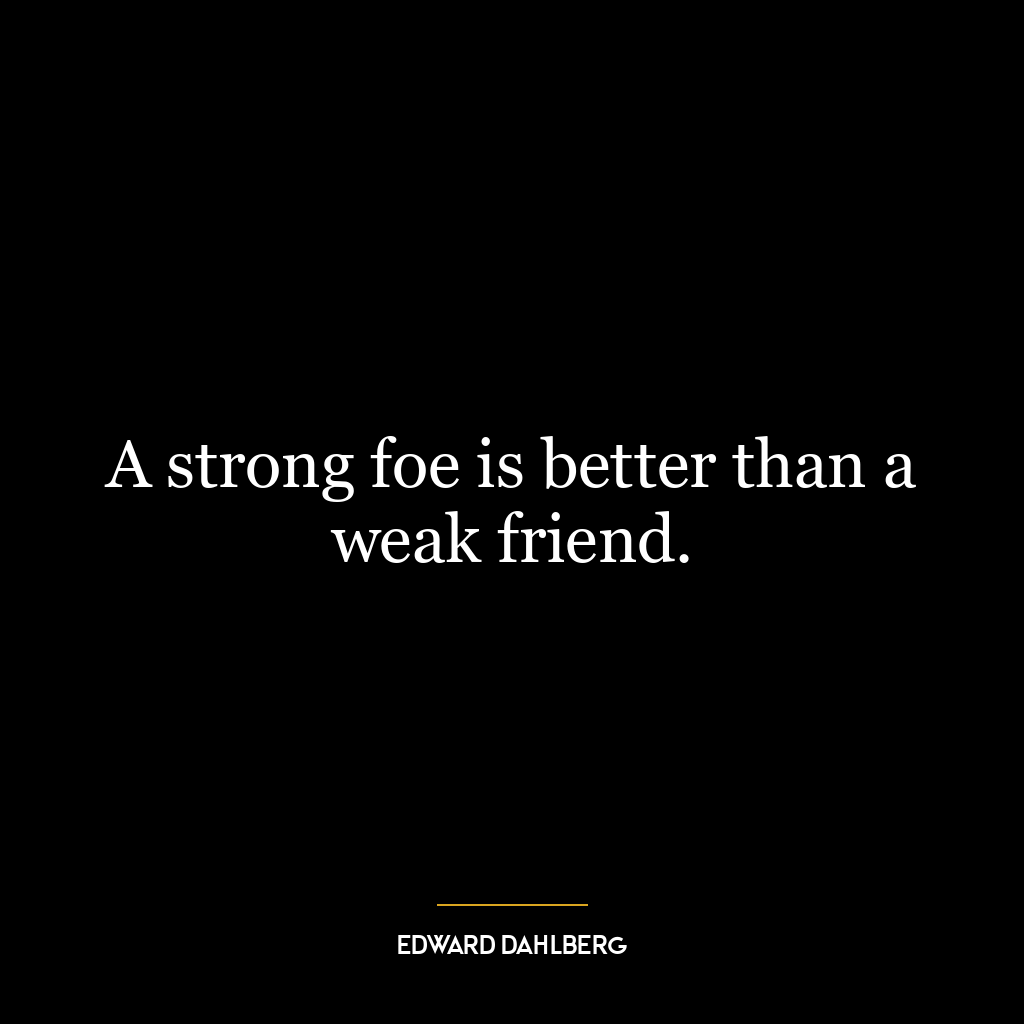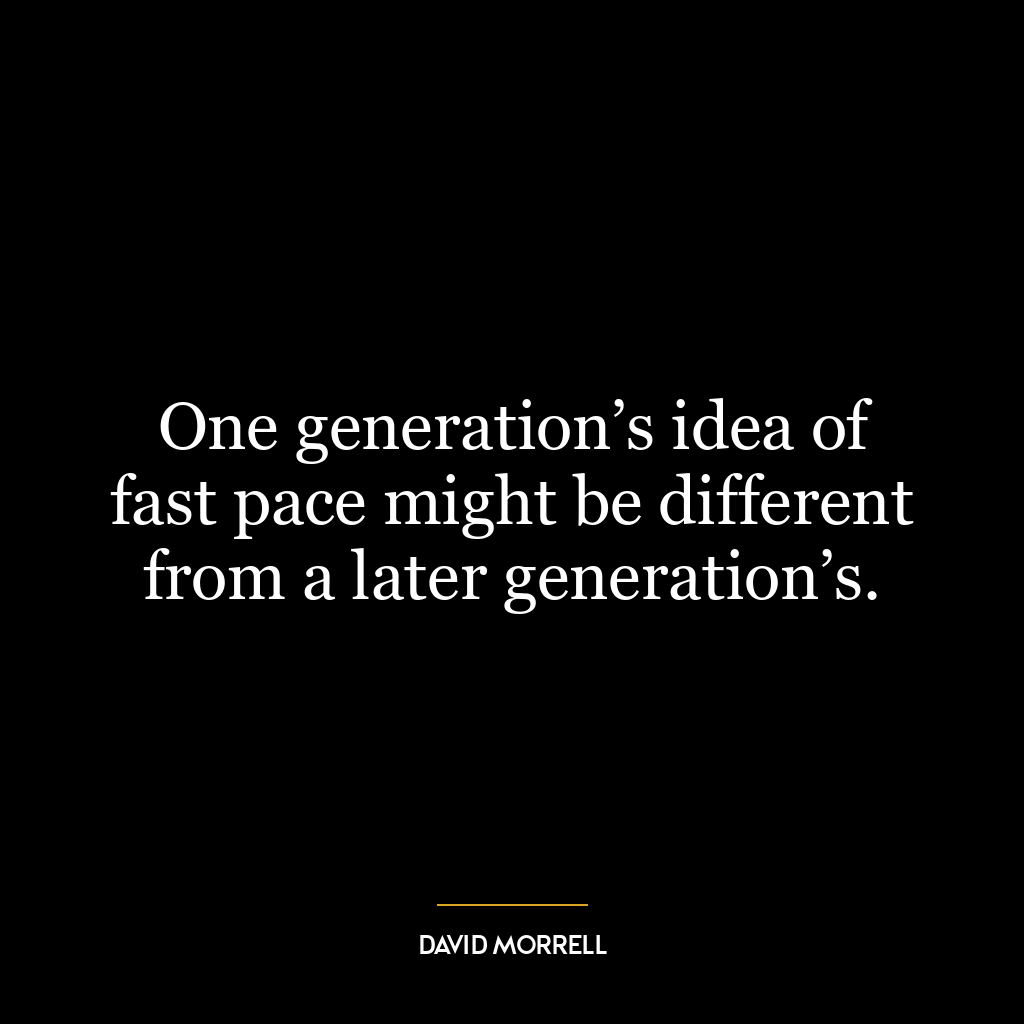Ellen Glasgow Quotes
- Novelist
- USA
- 1873 - 1945
Ellen Glasgow (1873-1945) was an American novelist and poet from Richmond, Virginia. She was a major figure in the Southern literary renaissance of the 1920s and 1930s. Her works often explored the changing social and economic conditions of the South during the early 20th century. Her most famous wo…Read More
Ellen Glasgow (1873-1945) was an American novelist and poet from Richmond, Virginia. She was a major figure in the Southern literary renaissance of the 1920s and 1930s. Her works often explored the changing social and economic conditions of the South during the early 20th century. Her most famous works include The Battle-Ground (1902), The Deliverance (1904), The Voice of the People (1900), and Barren Ground (1925). Glasgow was the first woman to receive the Pulitzer Prize for Fiction in 1942 for her novel In This Our Life. She was also the first woman to be elected to the Virginia Authors Hall of Fame in 1940.Read Less
Ellen Glasgow (1873-1945) was an American novelist and poet from Richmond, Virginia. She was a major figure in the Southern literary renaissance of the 1920s and 1930s. Her works often explored the changing social and economic conditions of the South during the early 20th century. Her most famous works include The Battle-Ground (1902), The Deliverance (1904), The Voice of the People (1900), and Barren Ground (1925). Glasgow was the first woman to receive the Pulitzer Prize for Fiction in 1942 for her novel In This Our Life. She was also the first woman to be elected to the Virginia Authors Hall of Fame in 1940.
63 Best Ellen Glasgow Quotes
Ellen Glasgow Career Highlights
Ellen Glasgow was an American novelist and essayist who wrote during the first half of the 20th century. She was born in Richmond, Virginia in 1873 and was the daughter of a Confederate veteran. Glasgow was the first woman to be awarded the Pulitzer Prize for Fiction in 1942 for her novel In This Our Life. She was also the first woman to be elected to the Virginia Authors Hall of Fame in 1975. Glasgow wrote a total of 18 novels, as well as several short stories, essays, and plays.
5 Lesser-Known Facts about Ellen Glasgow
1. Glasgow was a lifelong advocate for women’s rights and was a member of the National Woman’s Party.2. She was a close friend of the poet Robert Frost and the novelist Willa Cather.3. Glasgow was a member of the Southern Agrarians, a group of writers who sought to preserve the traditional values of the South.4. She was a strong supporter of the civil rights movement and was a friend of the civil rights leader, Dr. Martin Luther King Jr.5. Glasgow was a prolific writer and wrote a total of 18 novels, as well as several short stories, essays, and plays.
Key Contributions by Ellen Glasgow
Glasgow’s novels are known for their exploration of the changing social and political landscape of the South during the early 20th century. Her works often focus on the struggles of women in a patriarchal society and the effects of racism and classism. Glasgow was also a strong advocate for women’s rights and was a member of the National Woman’s Party.
What Sets Ellen Glasgow Apart
Glasgow was a pioneer in the field of literature and was the first woman to be awarded the Pulitzer Prize for Fiction in 1942 for her novel In This Our Life. She was also the first woman to be elected to the Virginia Authors Hall of Fame in 1975. Glasgow was a lifelong advocate for women’s rights and was a member of the National Woman’s Party. She was a strong supporter of the civil rights movement and was a friend of the civil rights leader, Dr. Martin Luther King Jr.
Takeaways
Ellen Glasgow was a pioneering American novelist and essayist who wrote during the first half of the 20th century. She was the first woman to be awarded the Pulitzer Prize for Fiction in 1942 and the first woman to be elected to the Virginia Authors Hall of Fame in 1975. Glasgow was a lifelong advocate for women’s rights and was a strong supporter of the civil rights movement. Her works often focus on the struggles of women in a patriarchal society and the effects of racism and classism.







